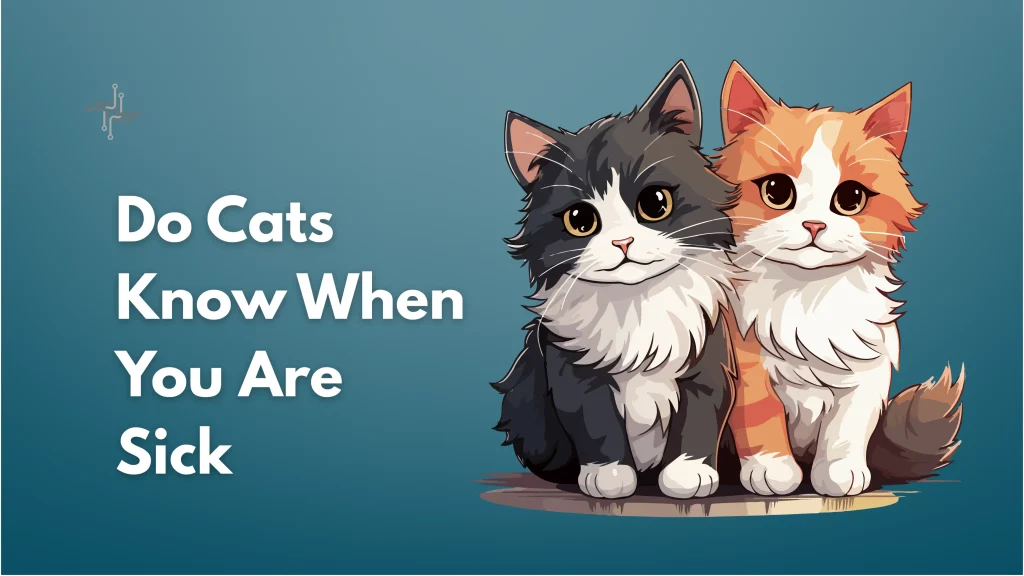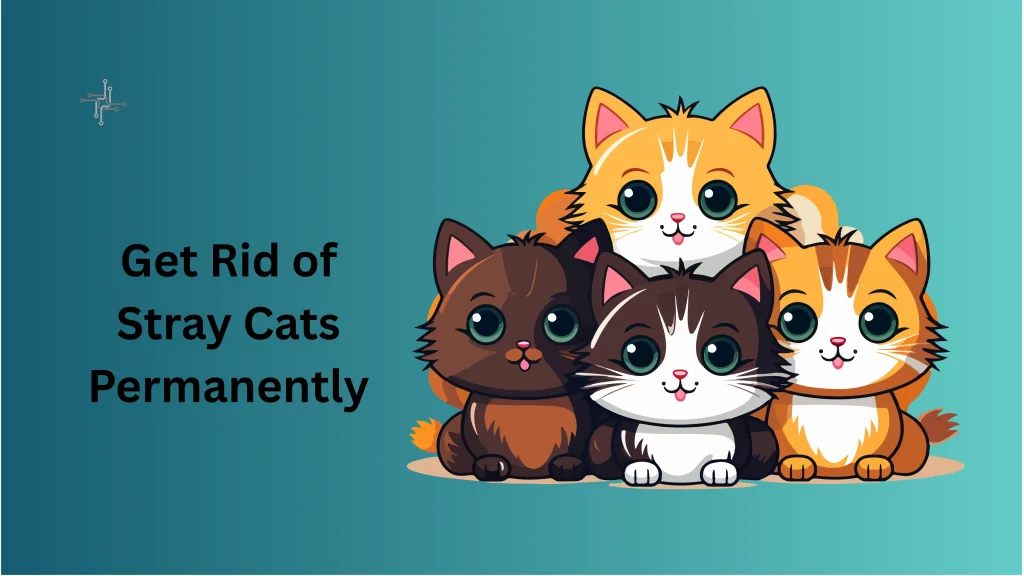Cat pupils show how they feel. They can get big when they are scared, excited, or hunting. Pupil size also changes with light. A sudden change in size can mean something is wrong. Watching their eyes helps you understand their mood and health.
Eye changes can be a sign of health problems. If one eye is different or stays wide, it could be a medical issue. Noticing these changes early helps you act fast. Always check their eyes during daily care. This helps keep your cat safe and healthy.
Table of Contents
Cat Eye Anatomy
A cat’s eye is built to see well in both light and dark. The outer part of the eye includes the cornea, which is clear and protects the inside. Just behind it is the iris, which gives the eye its color. The iris controls how much light enters by changing the size of the pupil. The pupil is the black part in the center of the eye that gets big or small.
The pupil reacts to both light and emotions. In bright light, it gets narrow like a slit. In dim light or when a cat is excited, scared, or hunting, the pupil becomes wide. This helps the cat see better and react fast to its surroundings. These quick changes are a normal part of cat behavior.
Behind the pupil is the lens. It helps focus light onto the back of the eye. The back part is called the retina. It has special cells that turn light into signals the brain can read. That’s how cats see images clearly.
Reasons Behind Pupil Dilation in Cats
- Reaction to Light: Cats’ pupils react to changes in light. In dim or dark spaces, their pupils grow wide to let in more light. This helps them see better, especially at night. In bright light, their pupils shrink to protect their eyes from too much brightness.
- Emotional Responses: Cats’ emotions can also cause their pupils to get big. When they are scared, excited, or curious, their pupils may suddenly widen. It’s a natural reaction that shows what the cat is feeling inside. This is often seen during play or when they are exploring.
- Hunting and Play Behavior: Wide pupils help cats focus when they are hunting or playing. This sharp focus helps them track movement and respond fast. It’s part of their natural hunting instinct, even if they are just playing indoors.
- Stimulation or Overstimulation: If a cat is touched too much or hears loud noises, it can become overstimulated. Their pupils may get big, which means they might need space. This is a signal that the cat is feeling overwhelmed.
- Breed and Age Differences: Some cat breeds naturally have larger pupils. Kittens also tend to have wide eyes more often, especially when they’re active or curious. These differences are normal and not usually a cause for concern.
- Possible Health Issues: Sometimes, pupil dilation can be a sign of health problems. If your cat’s pupils stay wide for no clear reason, it might be time to visit the vet. Watching their eyes helps you spot early signs of illness.
Medical Reasons for Pupil Dilation
Eye Injuries or Infections
If a cat has an eye injury or infection, the pupil may stay wide. This could be due to pain, swelling, or pressure in the eye. You might also see redness, discharge, or your cat squinting. These signs mean the eye needs quick care.
Neurological Problems
The eyes are closely linked to the brain. If your cat has a brain issue, like a nerve problem or trauma, the pupils may not react normally. One or both pupils may stay large or look uneven. This is a serious sign and needs a vet check fast.
High Blood Pressure or Hyperthyroidism
Some cats get high blood pressure or thyroid problems as they age. These issues can affect the eyes and cause wide pupils. If you notice changes in vision or behavior along with pupil size, it’s best to get a vet exam soon.
Side Effects of Medication
Certain medications can also cause pupil changes. If your cat is on treatment and their pupils look different, ask your vet if it’s a side effect. It’s not always harmful but should be watched closely.
When Is Pupil Dilation a Concern
Pupil dilation in cats can be normal, but sometimes it’s a sign of a problem. If your cat’s pupils stay wide even in bright light, that’s not usual. It could mean there’s something wrong with their eyes or nervous system. Pupil size should change with light, so if it doesn’t, it’s a reason to pay attention.
Uneven pupils are another warning sign. If one is bigger than the other, it could mean nerve damage, injury, or a serious brain issue. This kind of change needs quick medical help. Don’t wait and see—call your vet right away if you notice this.
Other signs can show something is wrong. If your cat starts bumping into things, squints often, or their eyes look cloudy, they might be losing their sight. These changes often happen with health problems that affect the eyes.
How to Observe Your Cat’s Eye Behavior
Observing your cat’s eyes is an easy way to check their health. Start by watching how their pupils react to light. In a well-lit room, their pupils should be small. In darker spaces, they should get bigger. If you notice they don’t adjust properly, it might signal a problem.
Also, pay attention to their behavior. If your cat’s eyes are wide or dilated, see if they’re playing, hunting, or feeling stressed. Cats often have big pupils when excited, scared, or curious. If the pupils stay dilated even without these triggers, it could be a sign of an issue.
Check for any changes in their eye shape or clarity. Look for redness, discharge, or if your cat is squinting a lot. These signs, combined with pupil changes, can indicate an eye infection or injury. Regularly observing their eyes helps you spot any changes early.
Common Myths About Cat Eyes
Big Pupils Always Mean a Cat Is Scared
One common myth is that dilated pupils always mean a cat is scared. While cats do dilate their pupils when frightened, they also get big when excited, hunting, or playing. Pupil size alone doesn’t always indicate fear.
Dilated Pupils Are Always a Sign of Illness
Another myth is that wide pupils always signal a health problem. While changes in pupil size can sometimes point to an issue, they can also be a normal response to light, emotions, or excitement. Not all pupil dilation is concerning.
Cats’ Eyes Glow Due to Magic
Many people believe cats’ eyes glow because of supernatural reasons. In reality, the glow comes from the tapetum lucidum, a special layer in their eyes that helps them see in low light. It’s a natural biological process, not something magical.
Conclusion
Cats’ pupils change size for several reasons. It’s normal for their pupils to get big in low light or when they are excited, scared, or hunting. Understanding these changes helps you learn about your cat’s behavior and mood.
However, if you notice that your cat’s pupils stay dilated or uneven, it could be a sign of a health issue. Keep an eye on their eye behavior, and if you see anything unusual, contact your vet. Observing their eyes is a simple way to ensure your cat stays healthy and happy.


